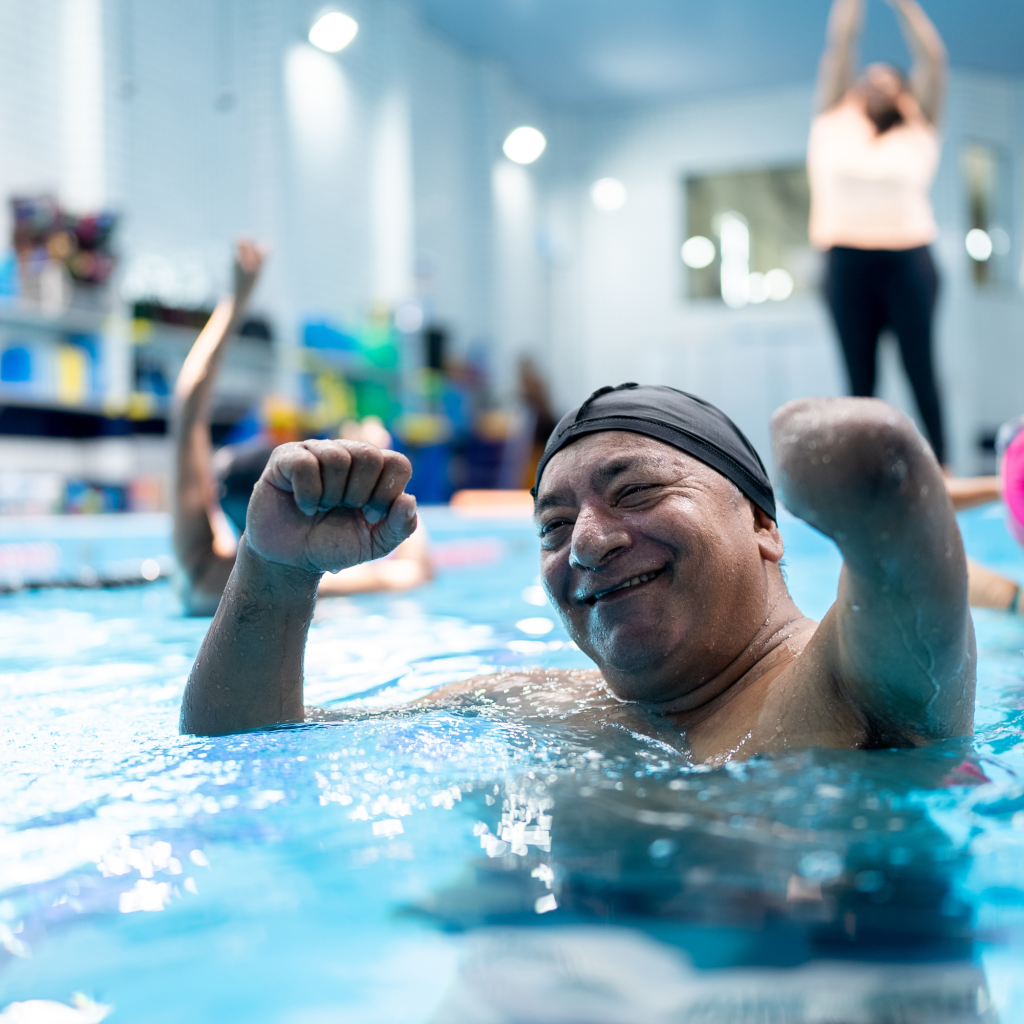Safety Swimming Tips for People Living with Disabilities
If you’re living with a disability, swimming can be an excellent way to stay healthy and active. Swimming is great exercise, and it’s low impact, so it doesn’t put extra strain on your body. But as with any type of physical activity, there are certain safety precautions you should take when swimming in order to ensure that you have a safe and enjoyable experience. Here are some tips to help keep you safe while swimming.

Find the Right Pool Environment
In order to make sure that you feel comfortable and safe while swimming, it’s important to find the right environment. If the pool is too crowded or too loud, it can be stressful or overwhelming. Make sure to check out the pool before committing to swim in it — ask questions about the noise level, crowd size, and accessibility options if needed. It’s also important to make sure that the pool is clean and well-maintained — dirty water can cause skin irritation or infections.
Wear Appropriate Safety Gear
Safety gear is essential for any swimmer — but especially for people living with disabilities. Make sure to wear a life jacket at all times when in water deeper than waist level. If you need additional assistance staying afloat or staying upright in the water, consider investing in flotation devices such as arm bands or a noodle floaty. Additionally, if you use a wheelchair or other mobility device, bring it along when going swimming so that you can easily get into and out of the pool safely.
Swim With a Partner
It’s always much safer to swim with someone else rather than alone — even more so if you have a disability. Have one person swim alongside you while another stands at poolside in case of emergency. That way there will always be someone nearby who is familiar with your needs and limitations should something go wrong during your swim session.
Swimming tips Conclusion
Swimming can be an incredibly rewarding experience for people living with disabilities — not only does it provide excellent physical exercise but it also provides stress relief and allows for socialisation with others who share similar interests or disabilities as yourself! But as with any physical activity, safety precautions must be taken in order to ensure everyone has an enjoyable and safe experience while swimming. By following these tips, hopefully your next trip to the pool will be fun and worry-free!








